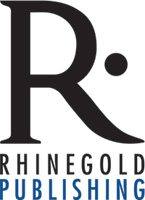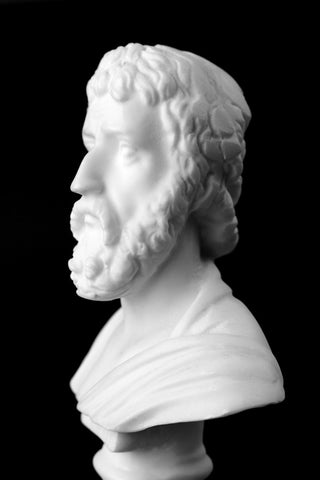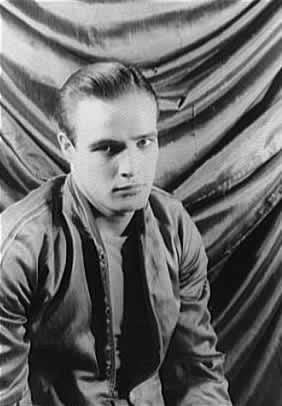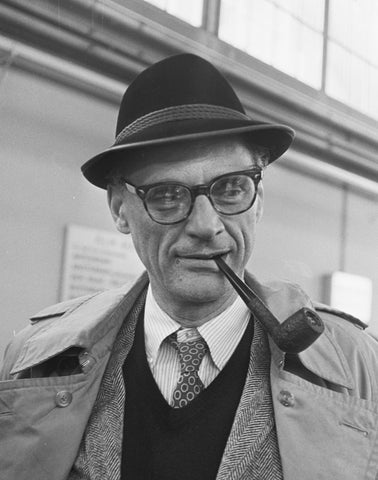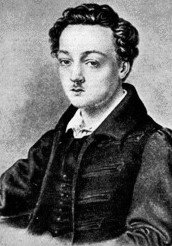
Woyzeck, by Georges Büchner
£14.95
After eight years of the old specification, working with either The Beggar’s Opera (difficult language and brief songs) or The Trojan Women (all poetry and no action), Unit 4 of the new specification is a refreshing change. It allows us to choose from three exciting texts to explore from a directorial view point (sections A and B) and through review and research (section C), two out of the three from different eras. These are 525 BC–65AD (Lysistrata), 1564–1720 (Dr Faustus) or 1828–1914 (Woyzeck). This means that if the teacher chooses Woyzeck to explore directorially, then students can review a play in performance from the Elizabethan and Jacobean eras (often Shakespeare), as there are numerous productions of his plays across the UK (unlike Greek theatre or 19th-century and pre-First World War drama).
For readers who are new to Edexcel drama A level, students will have to annotate a copy of the play with their directorial ideas and approaches from practical workshops, which are then taken into the examination with them. They then have to answer two questions: one three-part question on how you would approach the rehearsal of an extract and one question about your overall production concept. This is, of course, the final synoptic unit of the A2 which requires candidates to draw on their knowledge of practitioners, texts and genres experienced over the whole course and apply to this set text from a different period.
As well as being a tactical choice there are many other good reasons to select Woyzeck to study and explore practically. Firstly it’s very short, fragmentary and although unfinished and translated, proves to be an accessible and provocative text. Secondly, Woyzeck is a peculiar theatrical hybrid that anticipates Brecht and Artaud with a form of drama that is a proto-Expressionist, social realist and documentary tragedy. Thirdly, and historically, Woyzeck is the first modern tragedy and a truly radical and revolutionary work. Lastly, and most importantly, Woyzeck is a great play for today, speaking to us directly about madness, class, sexual jealousy and apocalyptic despair.
Lesson titles
- Social, cultural and historical context
- Woyzeck as tragedy
- Medicine and madness
- Class and military hierarchy
- Apocalyptic imagery and symbolism
- Staging the violence and murder
- Production elements
- Past productions
Number of lessons: 8
